By Emy Regan, OUR Peer Research Ambassador
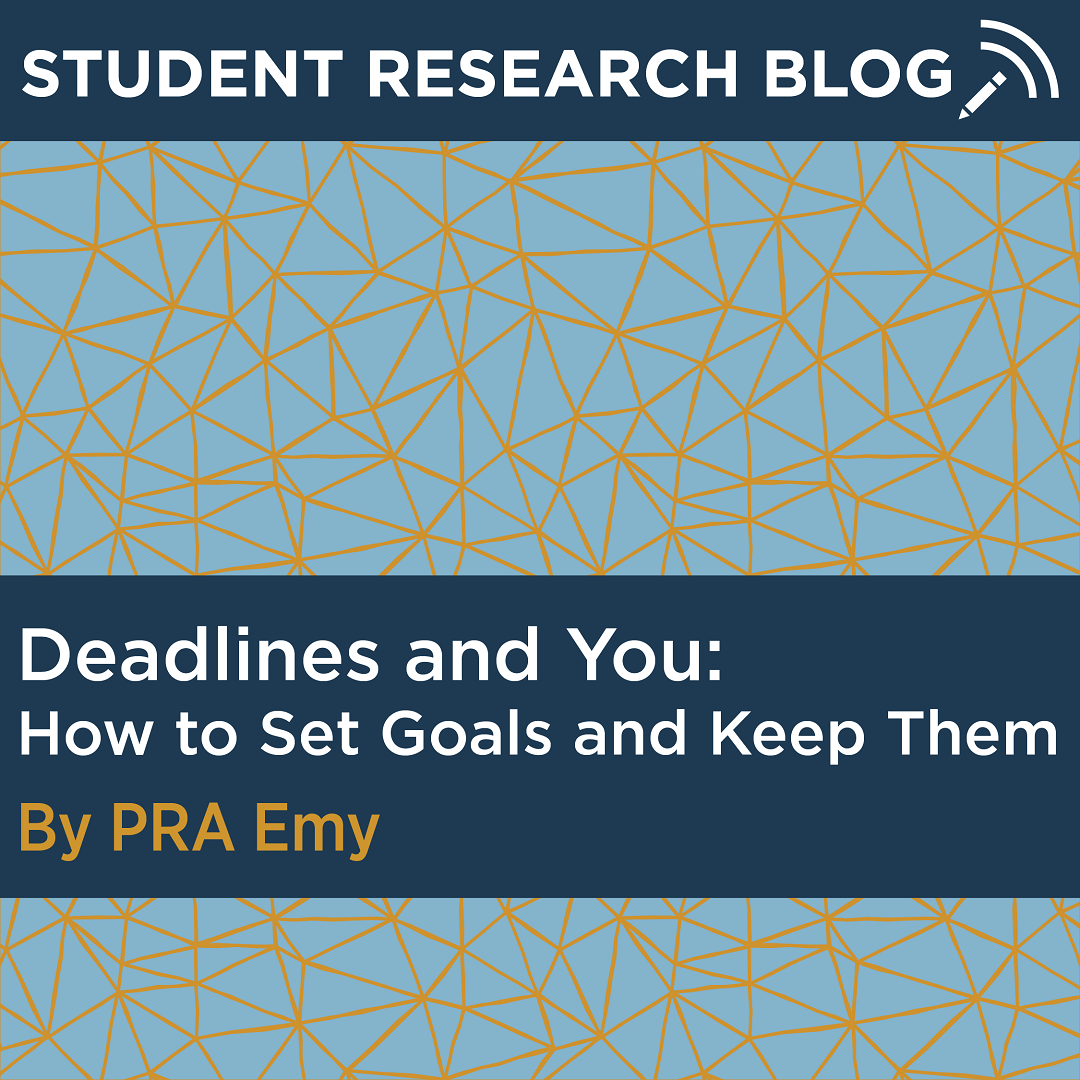 Every year, on the first day of school, I have high hopes for my organization. I’ll use my planner every day! I’ll clean my whole apartment every Thursday night! Healthy dinners every night? No problem! Inevitably, in the first few weeks, these lofty goals slowly start to crumble. Why? Because I do not effectively organize my deadlines. Finally, after many years, and many organizational failures I have figured out some strategies to keep me on track past the first two weeks of the semester. Continue reading
Every year, on the first day of school, I have high hopes for my organization. I’ll use my planner every day! I’ll clean my whole apartment every Thursday night! Healthy dinners every night? No problem! Inevitably, in the first few weeks, these lofty goals slowly start to crumble. Why? Because I do not effectively organize my deadlines. Finally, after many years, and many organizational failures I have figured out some strategies to keep me on track past the first two weeks of the semester. Continue reading
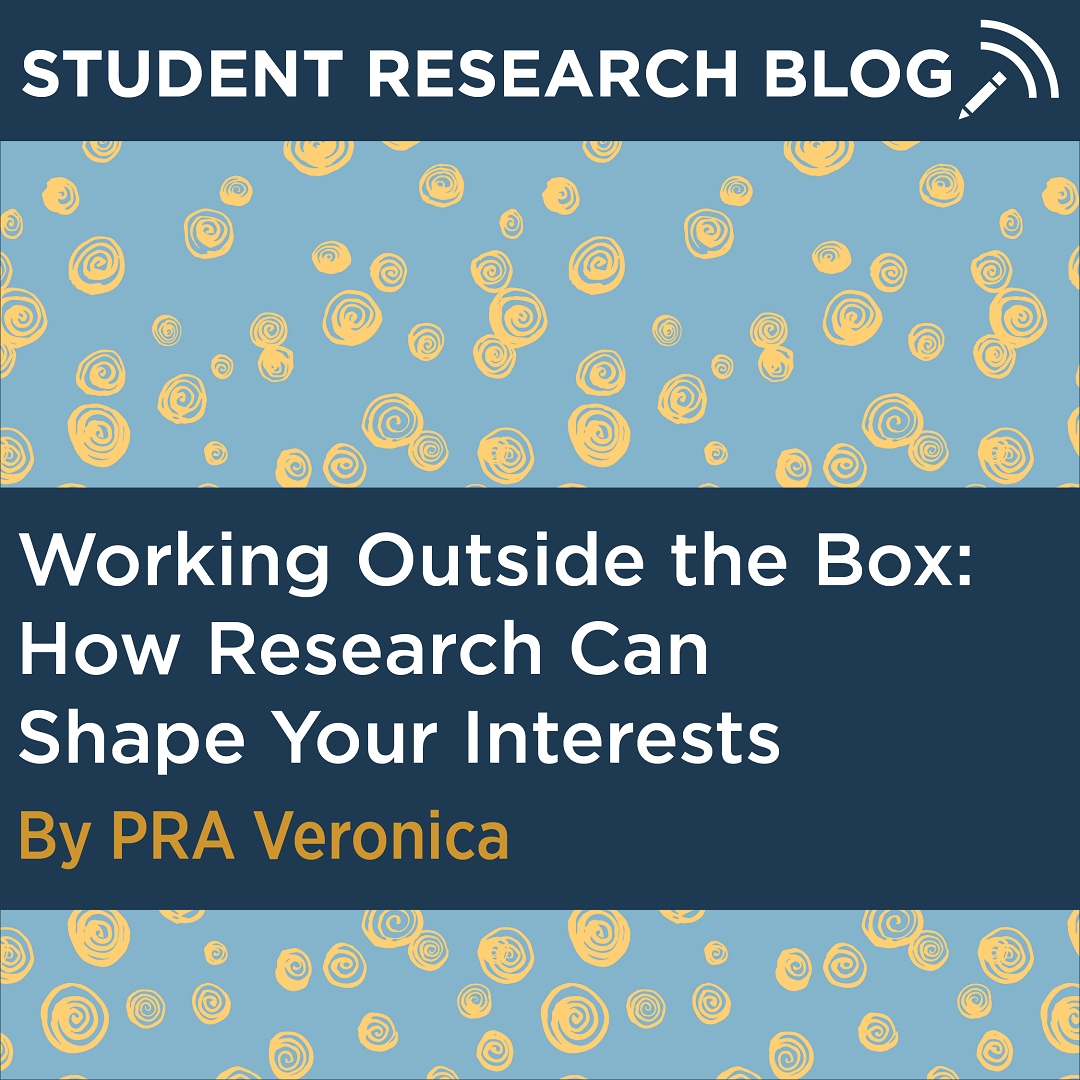 When thinking about participating in undergraduate research, we often think about our interests – whether that be infectious diseases, genetic disorders, the social dynamic of college students, or the best medium to present a beautiful work of art. I stumbled into a laboratory that is working on something that wasn’t necessarily at the top of my interest list, but I am all the better for it.
When thinking about participating in undergraduate research, we often think about our interests – whether that be infectious diseases, genetic disorders, the social dynamic of college students, or the best medium to present a beautiful work of art. I stumbled into a laboratory that is working on something that wasn’t necessarily at the top of my interest list, but I am all the better for it.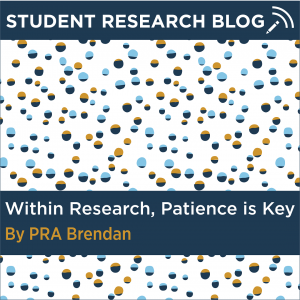 When I applied to UConn, I had no idea that I would be involved in research as a social science major, as I saw UConn as a center for innovative research in science and engineering. To be completely honest, I just simply thought of research as something that I would never be introduced to and understand.
When I applied to UConn, I had no idea that I would be involved in research as a social science major, as I saw UConn as a center for innovative research in science and engineering. To be completely honest, I just simply thought of research as something that I would never be introduced to and understand.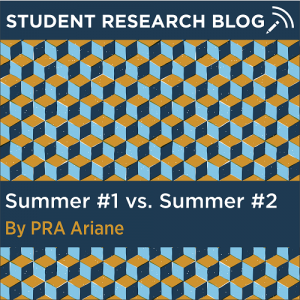 My freshman year I received a UConn IDEA grant to complete an independent research project over the summer. My sophomore year, I received a SURF award for the next steps in my research. Although I worked in the same lab both summers, lived on campus, and had more or less the same routine, the two experiences couldn’t have been more different from each other. What changed? I did!
My freshman year I received a UConn IDEA grant to complete an independent research project over the summer. My sophomore year, I received a SURF award for the next steps in my research. Although I worked in the same lab both summers, lived on campus, and had more or less the same routine, the two experiences couldn’t have been more different from each other. What changed? I did!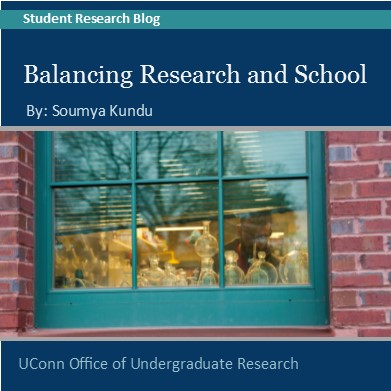 By: Soumya Kundu, OUR Peer Research Ambassador
By: Soumya Kundu, OUR Peer Research Ambassador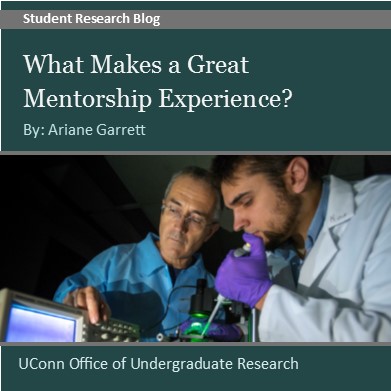 By: Ariane Garrett, OUR Peer Research Ambassador
By: Ariane Garrett, OUR Peer Research Ambassador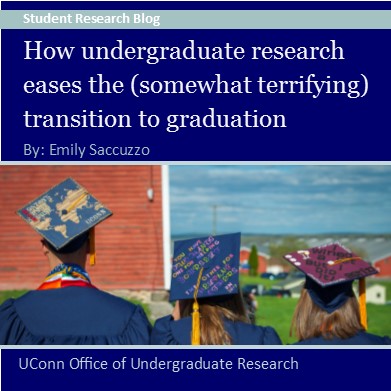 By: Emily Saccuzzo, OUR Peer Research Ambassador
By: Emily Saccuzzo, OUR Peer Research Ambassador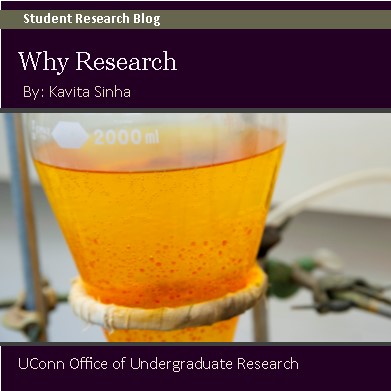 By: Kavita Sinha, OUR Peer Research Ambassador
By: Kavita Sinha, OUR Peer Research Ambassador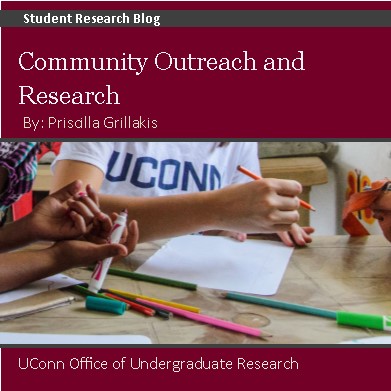 By: Priscilla Grillakis, OUR Peer Research Ambassador
By: Priscilla Grillakis, OUR Peer Research Ambassador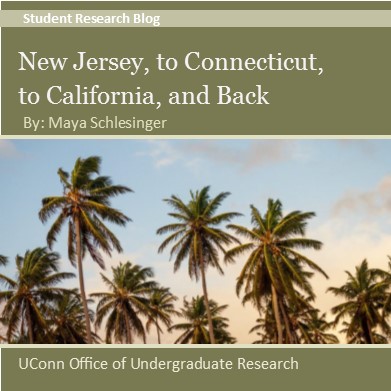 By: Maya Schlesinger, OUR Peer Research Ambassador
By: Maya Schlesinger, OUR Peer Research Ambassador